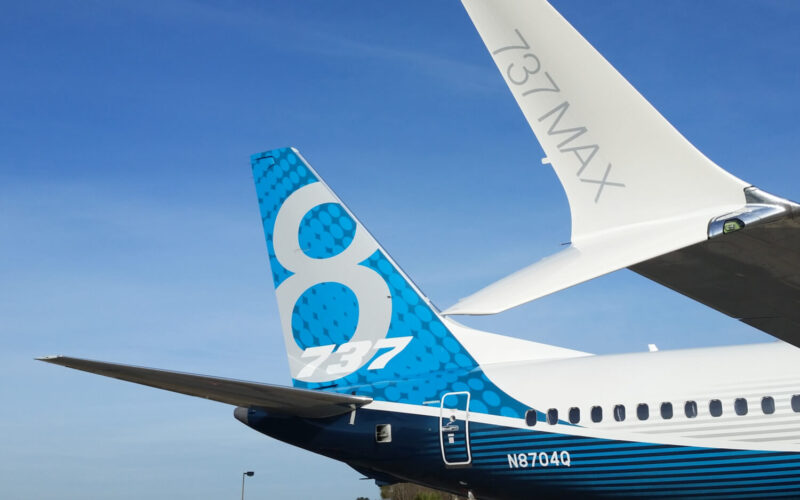The United States Federal Aviation Administration (FAA) plans to require Boeing to modify certain electrical wiring on all 737 MAX before authorizing the aircraft to take back to the skies, media reports.
The way certain cables controlling the horizontal stabilizer are laid out would not meet safety standards to prevent short circuits, the FAA believes according to the Wall Street Journal. “In extreme circumstances, a wiring problem could lead the flight control systems to strongly pull down the nose of the plane,” outlines the report. Seeing the nose being uncontrollably pushed down could put an aircraft in the same circumstances under which both Lion Air JT610 and Ethiopian Airlines ET302 crashed.
If the changes were to be made, all produced MAX jets would have to be rewired. Between the aircraft already delivered and those still being held by Boeing, it would mean that more than 800 planes would have to be modified. The manufacturer is reportedly in talks with the FAA over the cabling issue.
The discovery of the flaw by the FAA had already been reported by the New York Times in January 2020. When regulators of the European Union Aviation Safety Agency (EASA) asked for the wires to be moved, Boeing suggested that the change would not be necessary.
At the time, the modification was expected to last between one and two hours per aircraft to eliminate the potential hazard. Thus, Boeing said that whatever the FAA decision might be, it would not disturb the return schedule of the aircraft.
The FAA expects for the first certification flight of Boeing 737 MAX with the updated MCAS software to take place around April 2020. “We’re working through the last few software review and documentation issues and then I think within a matter of a few weeks we should be seeing a certification flight,” Steve Dickson, the FAA’s administrator, revealed in an aviation conference in Washington.
On March 6, 2020, the House of Representatives of the US Congress concluded in a preliminary report that the 737 MAX was a “fundamentally defective and dangerous” plane, that had demonstrated the need to reform legislation and regulations relating to the certification of airliners.

